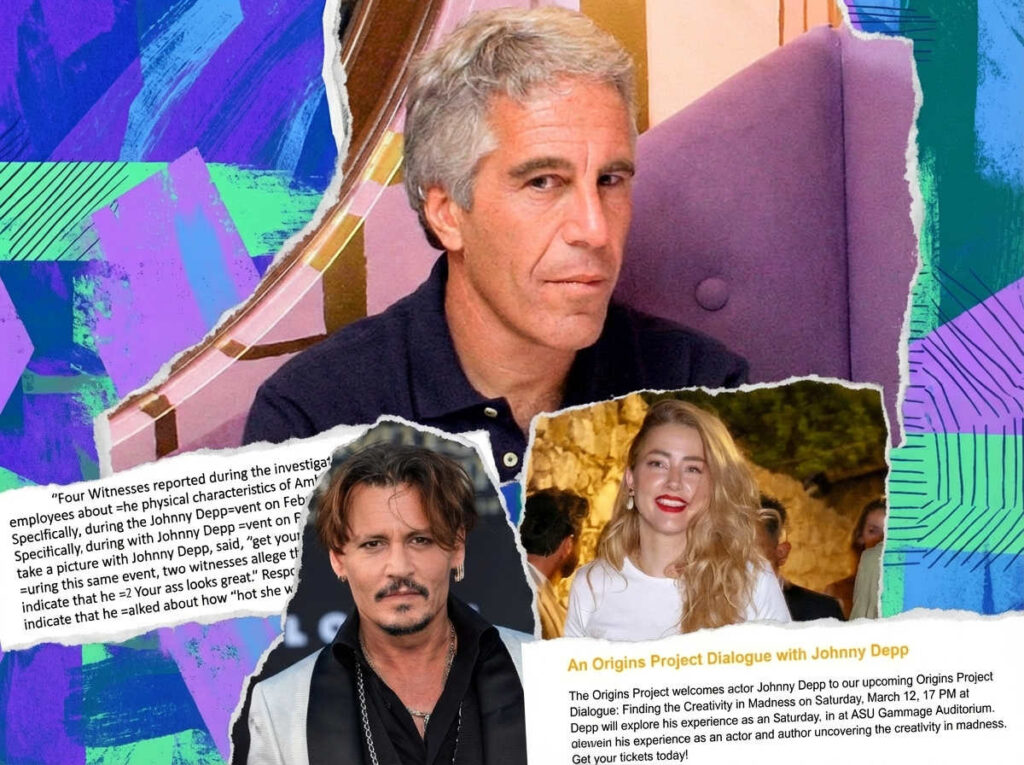Yesterday, attorneys representing Sean ‘Diddy’ Combs sought an emergency motion to impose a gag order on witness Courtney Burgess, following Burgess’s recent testimony and evidence submission to the federal grand jury in the ongoing case against the music mogul. Burgess has reportedly provided media drives containing alleged footage of Diddy and other celebrities involved in sexual assault, along with a manuscript allegedly authored by his late ex-girlfriend, Kim Porter. Burgess’s legal representation comes from attorney Ariel Mitchell.
The proposed gag order accuses Burgess and his attorney of compromising Diddy's right to a fair trial and the integrity of the grand jury proceedings through multiple media interviews. In a perplexing turn, the defense has claimed the absence of the aforementioned videos and photographs, implying that their denial is a calculated strategy against the evidence presented. Furthermore, the argument attempts to deny the existence of any incriminating material while accusing Burgess's claims of being part of a frivolous extortion scheme linked to his attorney’s prior media engagements.
The defense's assertions that “Freak Offs” do not pertain to men or underage victims diverge from the serious nature of the human trafficking allegations, leading to interpretations of semantics that serve only to confuse the case rather than clarify it. Many observers view the request for a gag order as retaliatory, aimed at silencing a victim and a whistleblower. In a prior interview, Burgess disclosed that he had suffered severe injuries from an attack by Diddy’s associates, further highlighting the risks involved in him stepping forward.
Critics interpret the gag order as a threat to all potential witnesses, arguing that it stifles truth-telling and undermines the gravity of the allegations against Diddy, suggesting that victims should not be subjected to intimidation. Sources indicate that allegations surrounding Diddy include involvement in criminal activities that could be broad and dangerous, with potentially numerous other witnesses about to come forward.
The call for a gag order seems to reflect a broader pattern of witness manipulation, particularly in the context of media appearances by Diddy’s legal team, who have made inflammatory remarks about Burgess. The relationship between Diddy’s attorneys has also been scrutinized due to conflicts in their legal background, raising questions about their credibility and motivations in their public engagements.
As the court deliberates on whether to grant the emergency gag order, the implications of such a move extend beyond the courtroom, touching on themes of justice, victim rights, and the need for a society that supports truth-tellers rather than silences them.






















